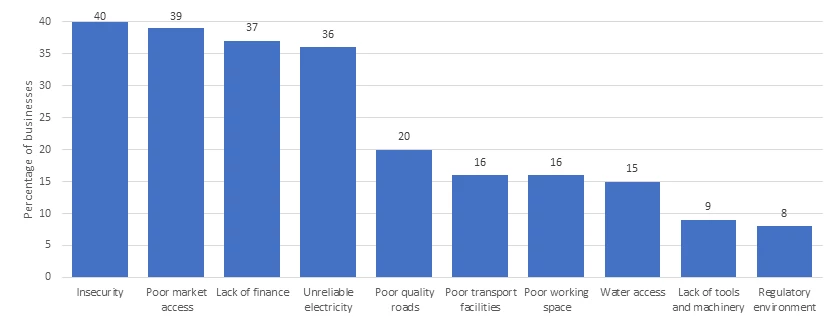
South Sudan’s highest-grossing companies
South Sudan, one of the world’s youngest nations, gained independence in 2011. Despite challenges such as political instability and a nascent economy, the country has a few high-grossing companies that dominate its key sectors, including oil production, telecommunications, banking, and agriculture. Below is an overview of South Sudan’s leading companies and their economic contributions:
1. Nile Petroleum Corporation (Nilepet)
Nilepet is South Sudan’s national oil and gas company, playing a pivotal role in the country’s economy. South Sudan’s economy is heavily reliant on oil exports, which account for approximately 98% of government revenues. Nilepet oversees the extraction and marketing of crude oil in collaboration with international oil firms. The company is a significant contributor to the national budget and a key employer in the energy sector.
2. Dar Petroleum Operating Company (DPOC)
Dar Petroleum is one of the leading oil consortia operating in South Sudan. It consists of international stakeholders, including Chinese, Malaysian, and Indian companies, which collaborate with the South Sudanese government to extract and export crude oil. The company operates primarily in the Upper Nile region and contributes significantly to South Sudan’s GDP.
3. Greater Pioneer Operating Company (GPOC)
Another major player in the oil sector, GPOC, operates in the Unity State oilfields. The company involves partnerships with Nilepet and international stakeholders. Its operations are critical for maintaining South Sudan’s oil production, which directly affects government revenues and foreign exchange earnings.
4. MTN South Sudan
MTN, a subsidiary of the multinational telecommunications company MTN Group, is one of the leading telecom operators in South Sudan. It provides mobile and internet services to millions of South Sudanese citizens, fostering communication and digital connectivity. MTN is also instrumental in facilitating mobile money services, which are crucial in a country with limited access to traditional banking infrastructure.
5. Zain South Sudan
Zain, another major telecommunications company, competes with MTN for market share. The company offers mobile, internet, and financial services, contributing to the growing digital economy in South Sudan. Zain’s infrastructure investments are crucial in improving connectivity in urban and rural areas.
6. KCB Bank South Sudan
Kenya Commercial Bank (KCB) South Sudan is a leading financial institution providing banking services such as loans, savings, and corporate accounts. KCB plays a critical role in supporting businesses and development projects. The bank’s operations help bridge the financial gap in a country with a limited formal banking sector.
7. Equity Bank South Sudan
Equity Bank has established itself as a key player in South Sudan’s banking sector. It supports small and medium enterprises (SMEs) and individuals by providing financial products and services. The bank’s presence boosts economic activities and facilitates trade within the region.
8. Sudd Petroleum Operating Company (SPOC)
SPOC operates in the Thar Jath oilfields, contributing to South Sudan’s crude oil production. The company’s revenues are vital for the national economy, given the country’s dependence on oil exports. SPOC’s partnerships with Nilepet ensure local participation in resource management.
9. Agricultural Enterprises
Agriculture, while underdeveloped, holds significant potential in South Sudan. Companies such as Green Horizon and smaller cooperatives are involved in farming and food processing. These enterprises aim to reduce the country’s reliance on food imports and ensure food security.
10. Construction and Logistics Firms
Companies like Rift Valley Railways and Trinity Energy are pivotal in logistics and energy distribution. Trinity Energy is one of the largest local distributors of refined petroleum products, ensuring energy availability across the country. Rift Valley Railways supports infrastructure development critical to economic growth.
Conclusion
Despite challenges such as limited infrastructure, conflict, and reliance on oil revenues, South Sudan’s highest-grossing companies are instrumental in driving its economy. They provide essential services, create jobs, and contribute to national development. Investments in these sectors are key to the country’s long-term economic sustainability.




Leave a Reply